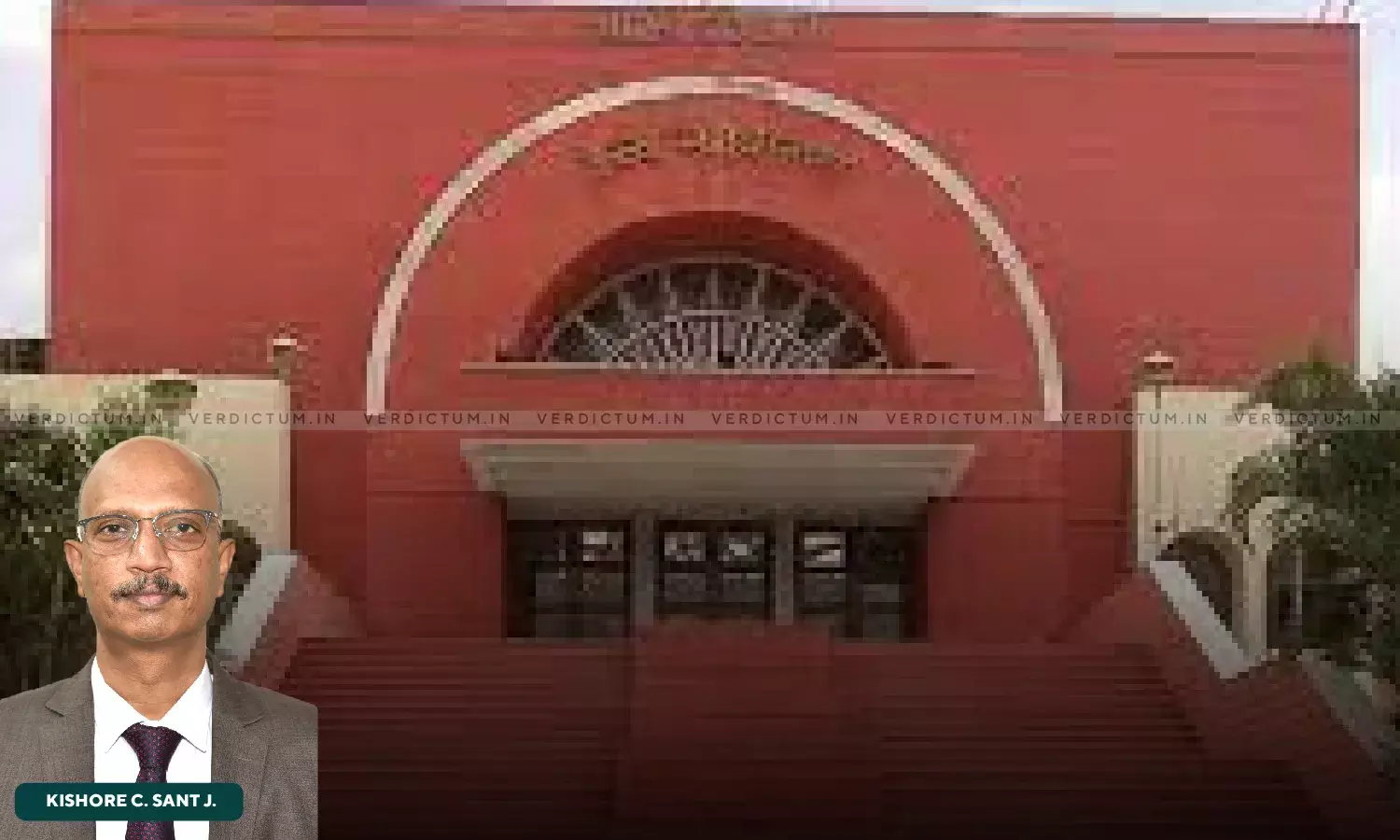Words Appear As Advertisement Of Sex Selection- Bombay HC Restores Case Against Marathi Preacher Who Advised "Techniques" To Conceive Male Child

Justice Kishore C. Sant, Bombay High Court (Aurangabad Bench)
A Bombay High Court Bench of Justice Kishore C Sant has observed that the term 'advertisement' mentioned in Sections 6 and 22 (1) of the Pre-Conception and Pre-Natal Diagnostic Techniques (Prohibition of Sex Selection) Act (PCPNDT Act) cannot be limited to diagnostic centers only and should be interpreted in a broader sense.
In that context, the Court noted that "In this case if the words are taken as it is certainly may appear to be advertisement or propagating technique of sex selection. The words advertisement propagation are used in wide sence and needs to be taken in their wide meaning. It cannot be restricted only to the extent of diagnostic centre, clinic but anything that propagates or tries to impose upon the message that by use of certain techniques sex of foetus can be selected."
Senior Counsel Rajendra Deshmukh, among others, appeared for the respondent. APP PN Kutti appeared for the State. Counsel Jitendra V Patil, among others, appeared for the petitioner.
In this case, the question before the Court was whether the act of the respondent could be said to amount to an offence under PCPNDT Act and whether speeches amount to the propagation of sex selection or advertisement of any diagnostic technique.
On January 4, 2020, the respondent delivered a speech at a gathering, discussing techniques to conceive a male child. He referred to extracts from religious books and Ayurveda, claiming that having sexual intercourse on even dates would result in a male child, while intercourse on odd dates would result in a female child. He also suggested that the position of the fetus in the womb after six months could determine its gender.
The speech was recorded and uploaded on YouTube. An anti-superstition organization, filed a complaint against the respondent with the Medical Superintendent of Ahmednagar District Hospital, alleging violations of the Pre-Conception and Pre-Natal Diagnostic Techniques (Prohibition of Sex Selection) Act (PCPNDT Act).
The complaint led to a notice being issued to the respondent and a subsequent complaint filed with the Magistrate under relevant sections of the PCPNDT Act. However, the respondent challenged the process and filed a criminal revision application in the Sessions Court, which resulted in the case being dismissed.
The Sessions Court ruled that the respondent's statements did not specifically mention a laboratory or center for sex determination, and his words did not constitute the promotion of sex selection. The Court also considered the statements made during a religious discourse as non-controversial. Both the doctor and the organisation approached the High Court to challenge the Sessions Court's decision.
On hearing the submissions and perusing the relevant provisions of the law, the Court noted that "In this case the respondent has not only advertised but has claimed the information about the techniques to be correct and having scientific base. He also supports that such texts has religious sanctity which make it more serious looking to the people before whom speeches are made."
Subsequently, the Court took the considered view that the case necessarily requires a trial.
Cause Title: Ranjana Pagar-Gawande v. Nivrutti Kashinath Deshmukh (Indorikar) & Ors.
Click here to read/download the Judgment

